How Microlending is Bringing Humanity Back to Business
3rd September 2015
By Daniel Webster Jr.
Julie Hanna, the Executive Chair of the Board of Kiva, opens with a salient statement during her presentation at The COIN Summit:
“I’m an Egyptian immigrant, and until I arrived in Silicon Valley, my journey to the front lines of the technology revolution began at the front lines of war. And my life had been defined by a different kind of access. A lack of access and that shaped the way I came to view the world.”
She went on to explain that her family fled to America during Black September, a year long civil war between Jordanians and Palestinians. Here they faced a lack of resources for immigrants, her mother and father taking on 2-3 jobs to clothe, feed, and provide an education for their kids.
Her philosophy is not bitterness over this childhood, but a quote attributed to Rye Barcott: “Talent is universal, but opportunity is not.”
On Women’s Equality Day, Hanna is a paradigm speaker. Graduating from University of Alabama Birmingham with a Computer Science degree, she packed her bags and went to Silicon Valley at age 22, and over the course of her career she helped start five tech and software companies, and later contributing funds to startups like Lyft and and Lending Club.
Nevertheless, her passion is now wrapped up into Kiva, a peer-to-peer microlending website that has provided over $700 million in crowdsourced loans all over the world. Moreover, 80% of Kiva’s loans go to women entrepreneurs.
She points to the godmother of Kiva, Elisabeth Omalla, who was the first entrepreneur provided a loan of $500.
“Her business plan consisted of taking a bus ride to Lake Victoria, and her dream was to buy fish directly from the fisherman to cut out the middlemen and buy a fridge for larger volumes of fish. One bus, one refrigerator, she scaled her business and profits.”
In case you’re wondering about repayment of Kiva’s loans, the success rate is 98%. Kiva’s social and environmental conscious platform is cut from the same cloth as the Grameen Bank, the microfinance organization in Bangladesh founded by the Nobel Prize Winner Muhammad Yunus. 1,400 crowdfunding marketplaces have cropped up since Kiva, Hanna’s presentation showing a cross-section of those companies.
She says little about what’s next for Kiva, but believes that enabling ways for the 6.7 billion global phone subscribers to access loans is still a ripe area for microlending and crowdfunding, especially in Sub-Saharan Africa.
“If we can access people [by cell phone] without indoor plumbing much less indoor banking, where there’s no ATM, no loan officers, no computers, there’s no reason we can’t reach billions of entrepreneurs around the world,” she says.
The panacea she says isn’t in one organization, but a shift of cultural and socioeconomic activity – a balance she suggests:
“There’s a middle way to harness the power of technology and the principles of the business of the marketplaces and align them for humanity’s greater good.”
And while that may seem like some stereotypical-entrepreneurial-speak, perhaps a previous statement she quoted is the one to remember if the globe is truly bring humanity to business and business to humanity.
“Talent is universal. Opportunity is not.”
1 Notes
 microfinancemasala likes this
microfinancemasala likes this innovatorspeak posted this
innovatorspeak posted this
